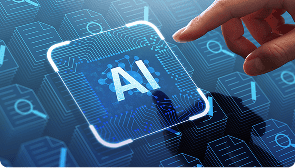
AI-Powered
AI-Enabled Medical Imaging Solutions
Accelerate the Path to Disease Discovery and Recovery

99% accuracy in classifying brain tumors

16% improvement in early disease detection

< 15 minutes per image basic processing time
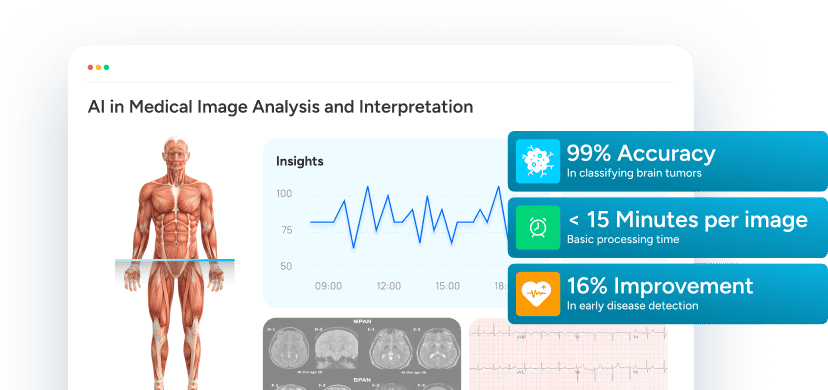
Challenges of Traditional Image Screening Methods
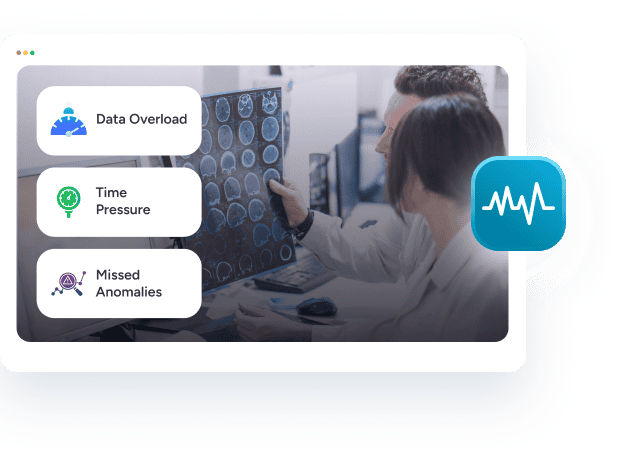

Inconsistent analysis and chances of variability across different imaging devices, such as MRI or CT scanners

Chances of overlooking crucial health insights when analyzing vast volumes of data

Inability to detect hidden and complex patterns, often imperceptible to the human eye

Lengthy analysis time and restricted integration with clinical data

Mounting pressure of workload can lead to clinician burnout, affecting the quality of work

Shortage of qualified and experienced radiologists and lack of resources
Want to integrate AI-based solutions into your healthcare practice?
The Solution:
AI-Driven Medical Imaging and Diagnostics

Automated Image Analysis: Automatic segmentation and labeling of structures in medical images, such as organs and tumors, can significantly reduce the time and effort spent by human healthcare providers.

Multi-Modality Support: Combining multi-modal inputs such as vision and hearing (produced by humans) with text and audio (recorded in the system) will make image interpretation more accurate and reliable.

Real-Time Triage: AI-driven triage systems enable continuous monitoring of patient vitals in real-time. This can be significantly useful in emergency rooms where clinicians need to stay alert, prioritize cases based on severity, and reduce patient wait times.

Decision Support: AL and ML algorithms help clinicians make life-saving decisions, just in time. AI’s ability to unveil hidden patterns from vast amounts of data and correlate findings enables clinicians to make informed choices.
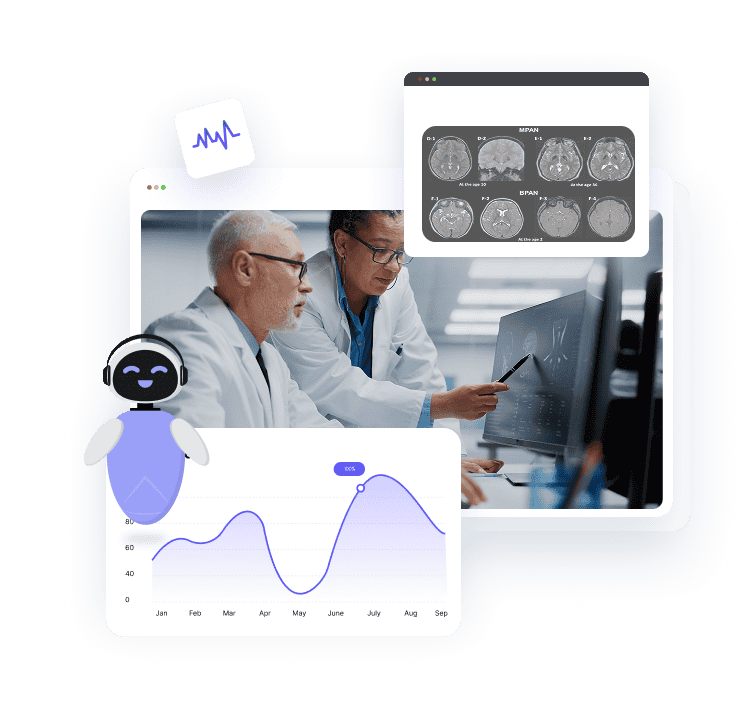
Automated Image Analysis
AI in Clinical Decisions

AI in Real-Time Triage
Multi-Modal AI

Benefits of Medical Imaging and Diagnostics

Precise diagnosis helps reduce false negatives and interpretation errors

Early disease detection and intervention significantly improves survival rates

Saves radiologists’ time, allowing them to make faster treatment decisions

Easy to create personalized treatment plans tailored to individual needs

Treatment decisions backed by consistent, data-driven insights

Elimination of subjective biases and variabilities in outcomes
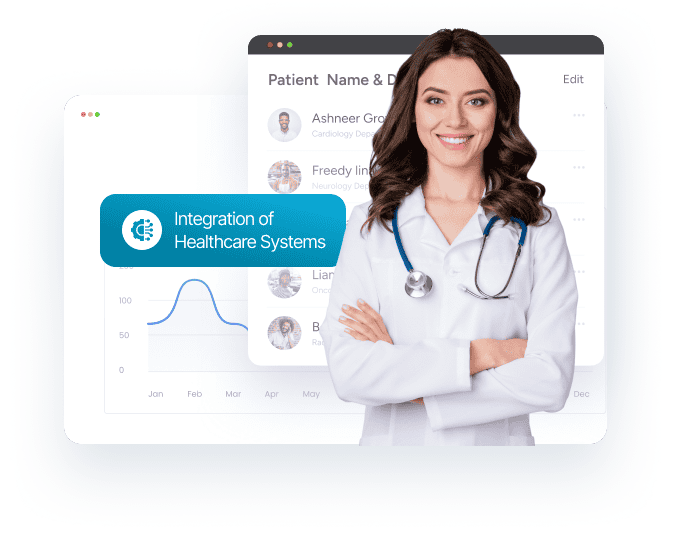
Simplify image screening and diagnosis with an AI-powered solution.
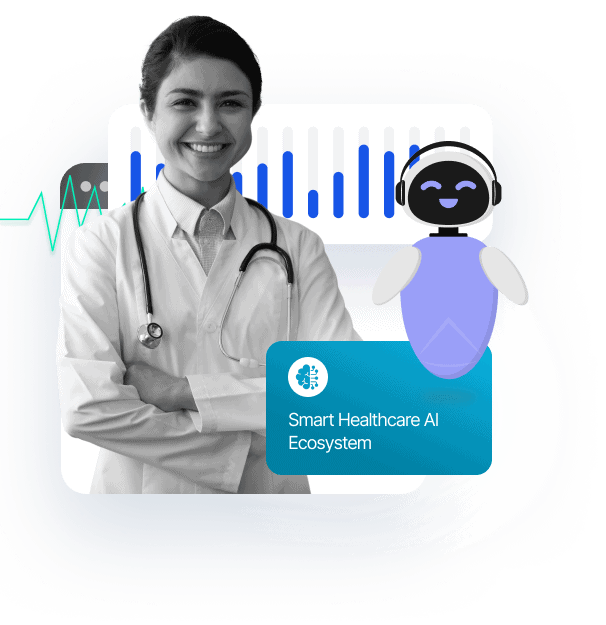
How Fingent is Enabling Healthcare Organizations With AI-Driven Medical Imaging and Diagnostics

AI models and pipelines that can quickly transform images and annotations

Customized dashboards that provide valuable analytics for improved decision-making

Robust tools to deploy healthcare applications on the cloud or on-premises

Chatbots and AI assistants for patient support and query resolution

Integration of various healthcare systems and third-party tools
Key Takeaways






